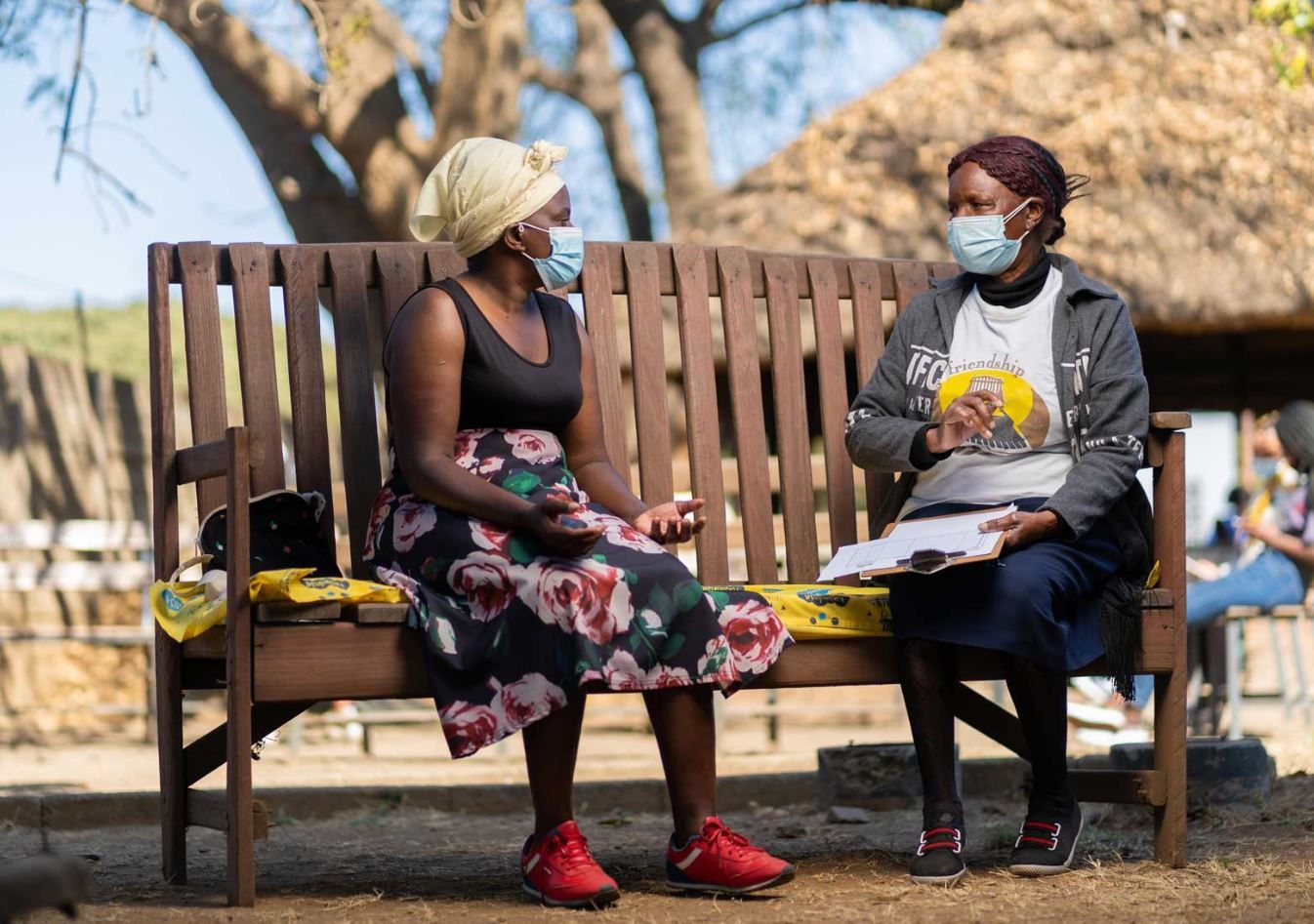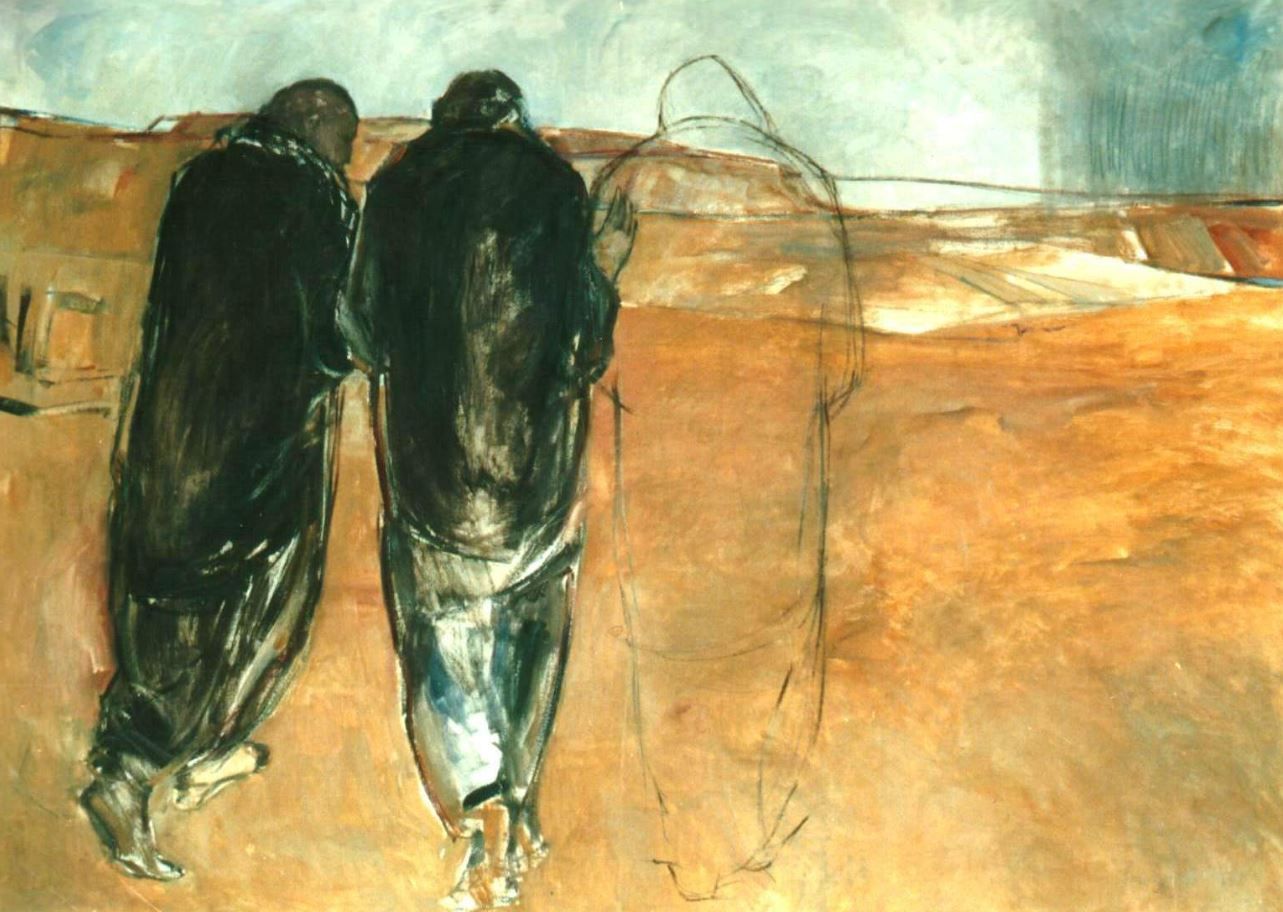In the wake of the pandemic, of social unrest and violence, many are struggling emotional and mentally. Every country on earth is dealing not only with an epidemic of mental health issues but also a shortage of psychologists, psychiatrists, social workers and other trained mental health clinicians.
A talented young psychiatrist in Zimbabwe, Dixon Chibanda, confronted the challenge in his own country where there are only 15 psychiatrists in a country of 16 million people. Exploring several ideas for recruiting and training mental health practitioners, Dr. Chibanda realized there was already a large cohort of experienced, respected caregivers who were ready and willing to help: grandmothers.
“The most important resource that is left in most communities are grandmothers,” Dr. Chibanda says, “because they are custodians of the local culture and wisdom.”
So Dr. Chibanda and his team developed a pilot program to train older women in “problem-solving therapy.” The program trains these seniors to listen with compassion and empathy, to make people feel heard and seen, to give patients a feeling of belonging and to help them gain the confidence to move on in new positive directions.

As the program developed, Dr. Chibanda and the first class of 14 grandmothers realized that they could best provide their services not in clinics or hospitals but at a simple, unpretentious, and accessible location: a park bench. When Dr. Chibanda proposed calling it the “Mental Health Bench,” the women balked. They suggested calling it the “Friendship Bench” as a way of eliminating the shame and stigma of needing help to cope with life’s challenges.
One program participant, Susan, first went to the Friendship Bench in her community when her marriage was in crisis and she was struggling to feed her children and pay their school fees. “In the beginning, I thought I was no longer human because of the troubles that I had,” Susan said. With few resources and little formal education, she didn’t feel equipped to reach out to any social service providers. When Susan first met her “grandmother,” Sabinah Dovi, their sessions on the bench focused only on ensuring that Susan felt love and respect. Over time, their conversations shifted to practical problem-solving, including how Susan could better communicate with her husband and how she could start earning some income for herself.
The grandmothers of the Friendship Bench have inspired similar projects from Kenya to Vietnam. A pilot program was recently launched in New York.
The program has had a powerful effect on the grandmothers, as well. Grandmother Sabinah, who helped Susan through her challenges, said, “When I’m working, I put all of my heart and all of my effort and energy into doing it . . . It creates an identity for me. And wherever I go, I carry that identity with me.”

As we struggle along on our own Emmaus’ roads, Christ appears in the guise of wise and loving people like the grandmothers of the Friendship Bench who reveal the love of God in the lives of those needing help and support. In the same way, along our trek to our Emmaus, we are challenged to reveal Christ’s love for all at whatever “friendship benches” we can set up to give rest and hope to the broken and struggling travelers accompanying us.